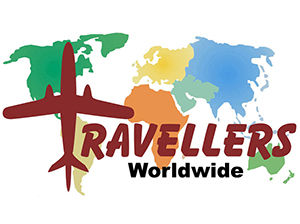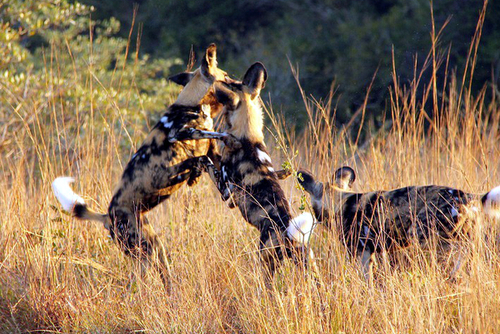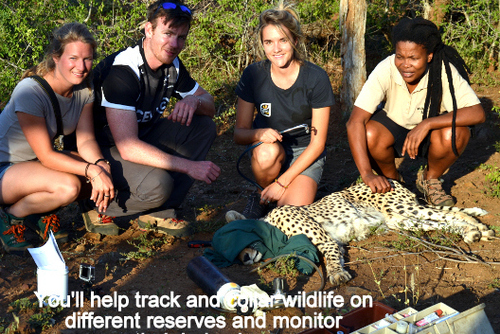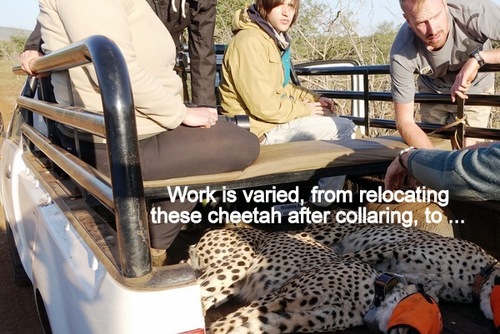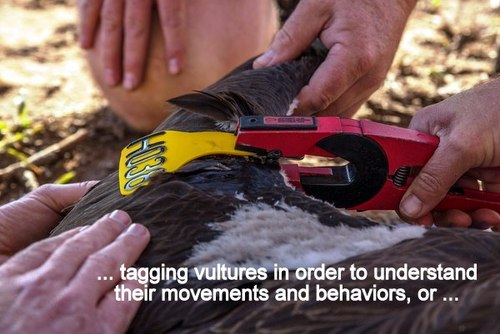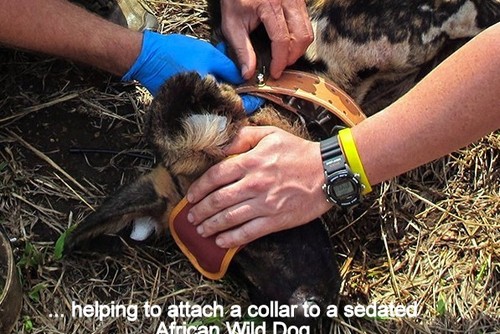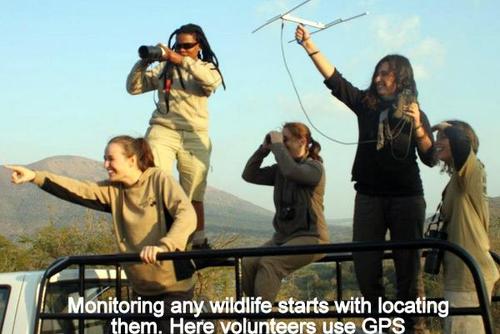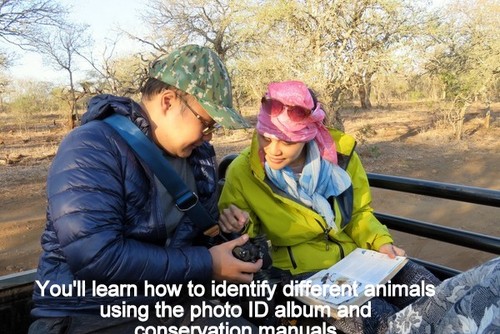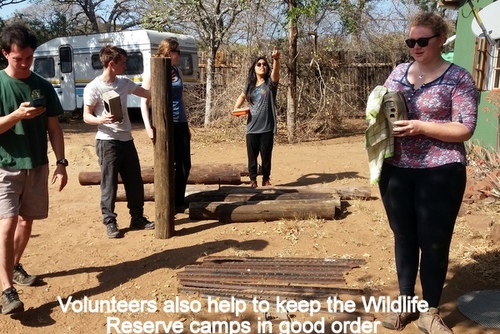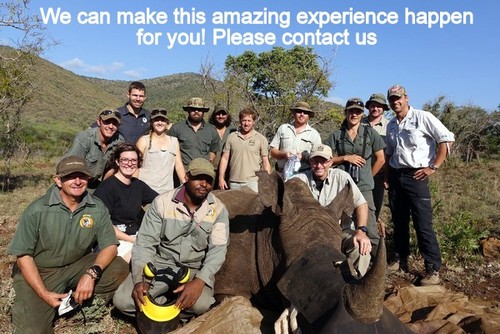You'll work across different Wildlife Reserves, helping to track wildlife, mapping the sightings, observing animal behaviour and herd dynamics for research purposes, photographing and assisting with game counts, and so much more! Experience genuine conservation work in up to 5 different wildlife reserves in the region, depending on the length of your stay.
This project is very popular and gets booked up quickly, so we strongly advise early booking!
You'll work with trained wildlife monitors at the various Reserves – tracking and monitoring animals as part of their wildlife conservation projects. They only work in small teams of no more than five volunteers per reserve, so you have one-on-one time with the monitors – gaining true conservation experience.
The days are full, the work is important, and it provides you with critical knowledge about African conservation. It’s not always pretty or easy, but it is real Africa, real conservation.
- You'll track and locate Priority Species like Elephant, Lion, Rhino, Leopard and Buffalo from an open 4x4 vehicle, via radio telemetry, most days.
- You'll map the sightings using GPS equipment. You will be taught how to use the equipment.
- Observing animal behaviour (e.g. Wild Dog pack dynamics or Elephant Herd dynamics) for research purposes.
- Photographing and creating identity kits animals that have been relocated or re-introduced into the wild.
- Periodically setting up camera traps at watering holes and game trails.
- Assisting with ongoing game counts.
Activities that you could participate in, that occur when the need arises, are:
- Radio collaring of animals.
- Notching (identity marking) of animals such as Rhino.
- Night-time tracking excursions – for example Hyaenas.
- Relocation or re-introduction of Endangered Species.
- Assisting with feeding and data recording of animals being held in temporary bomas prior to release
- Vulture counts and nest surveys.
- Bird ringing & alien plant control.
Work on one, two, three or all of the Wildlife Reserves, depending on how long your placement is for. You'll gain a wealth of conservation knowledge and experience working under qualified conservation experts and on location out in the bush on a daily basis. You'll experience Africa in a way that no mere tourist can!
You can join the expedition for a minimum of 2 weeks: For every 2 weeks spent on this expedition, you'll experience a different wildlife reserve:
- 2 weeks = you’ll experience 1 reserve.
- 4 weeks = experience 2 reserves.
- 6 weeks = 3 reserves.
- 8 weeks = 4 reserves.
- 10 weeks and above = all the reserves.
A typical day would look something like this:
Rise with sun and head out (seated on the back of the open 4x4 tracking vehicle) to locate the Endangered Species animals that the wildlife monitor has earmarked for the morning, using radio telemetry equipment that receives radio signal from the collars which are fitted onto the Priority Species animals.
You will usually be back by late morning to prepare some lunch and have a little time to relax, read, have a nap or watch the abundant bird and animal life which occurs around the camp.
You head out again on the vehicle between 2-3pm to follow up on those animals which were not located in the morning, such as Elephant and Rhino.
You should be back in camp shortly after sunset, to start preparing supper and sit around the fire listening to the sounds of the bush and discussing the day’s events. Usually you will be in bed early, but on some nights volunteers may go out to track species like the Hyaena, which are active at night.
At least once a week you will have an afternoon or day set aside for administrative work: (data capture and analysis). Appropriate supervision and instruction will be provided for all elements of your practical experience.
Please note: Activities such as collaring, relocation/ reintroduction, identity marking, snare removal, tranquilisation for treatment, etc., happens throughout the year, strictly as the need arises. While the project does plan and follow basic schedules, the nature of the work being done here dictates that the animals and their environment are our first priority, and therefore our schedules do occasionally have to be altered due to unforeseen circumstances or incidents, as we have little control over the dynamics of wild animals and their environment.
There is always a lot going on here and you will have the opportunity to be a part of a professional conservation team, make a real difference and contribute towards important conservation work and research in Africa!
ACCOMMODATION:
Each volunteer camp is situated within the Reserves on which we work. The accommodation camp is basic but comfortable, with electricity, running warm water and flushing toilet. There is a separate shared toilet/shower and kitchen, as well as an outside seating and dining area, and a barbecue area where you can sit by the fire under the stars. (With the absence of artificial light, stargazing at the Reserves is phenomenal!)
WHAT TO DO NEXT:
If you’d like more information about this or any of our projects, please email or call us! If you’d like to apply for this project, please go to our website and complete the application form. As soon as we receive it, we’ll liaise with you and then start making your travel adventure happen.

